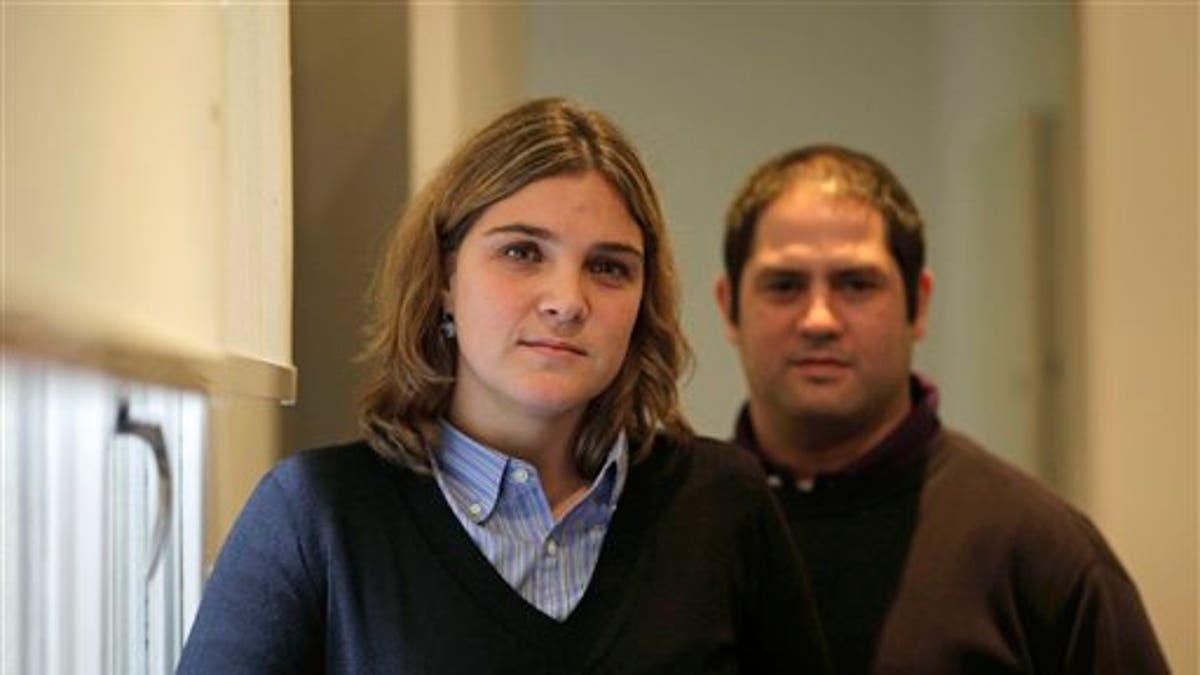
Jun 3: Marcela Noble and her brother Felipe Noble are adopted children who decided to voluntarily undergo DNA tests, in order to determine their identities, comparing their samples with such left by relatives of political dissidents who were killed after giving birth in captivity during the 1976-1983 dictatorship. (AP)
Two siblings who were adopted as babies by the owner of an Argentine media conglomerate have agreed to court-ordered DNA tests to determine whether they were among hundreds of infants stolen from political prisoners during Argentina's military dictatorship.
Adoptees Marcela and Felipe Noble say they will not appeal the order to have blood samples taken and compared with available DNA of every relative of those who disappeared during the country's 1976-1983 dictatorship. The pair had previously refused to submit to such tests or offered to only allow their DNA to be compared with two families of disappeared people.
The adoptees, who are in their 30s, have said they have no interest in learning the identities of their birth parents and have been protective of their adopted mother, Grupo Clarin owner Ernestina Herrera de Noble, 86.
On June 2, the country's top criminal appellate court ruled that Marcela and Felipe Noble had to submit biological material, with or without their consent, for testing but limited the scope of DNA comparisons to people known to have disappeared before the date of the Nobles' 1976 adoption papers.
The case, which has lasted a decade, has turned political as President Cristina Fernandez has called for the identity of the adoptees to be cleared up. Fernandez has clashed frequently on a range of issues with Herrera de Noble's media properties, which include the country's biggest newspaper Clarin and the TV news station Todo Noticias.
"They are tired of being attacked and of having lies said about them," said the pair's lawyer, Alejandro Carrio, referring to suspicions raised about their biological parents. "They're in a defeated state of mind from fighting so much for their rights."
The plaintiffs in the case, the human rights group Grandmothers of the Plaza de Mayo, have pushed for the pair to submit their DNA for testing. The group has led the public campaign to find hundreds of children, including relatives of group members, that the military abducted from women who gave birth under captivity, often in clandestine torture centers. Nearly all of those women were executed or disappeared.
The Argentine government maintains a bank of DNA samples submitted by relatives of the dictatorship's political prisoners.
"It's encouraging news because this is what we the Grandmothers of the Plaza de Mayo have wanted for more than ten years," said group President Estela de Carlotto in an interview with station Radio 10. "Finally, we will shed some light on this issue."
The Associated Press contributed to this report.
Follow us on twitter.com/foxnewslatino
Like us at facebook.com/foxnewslatino
